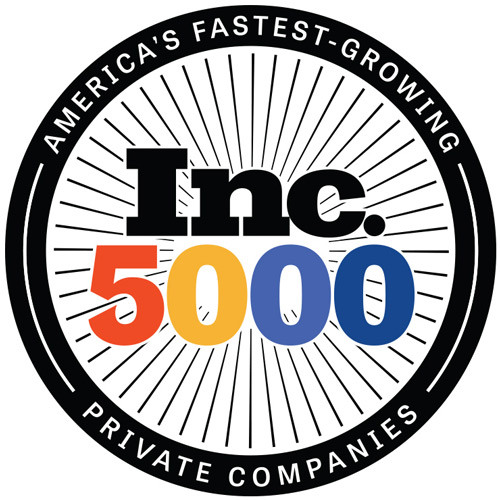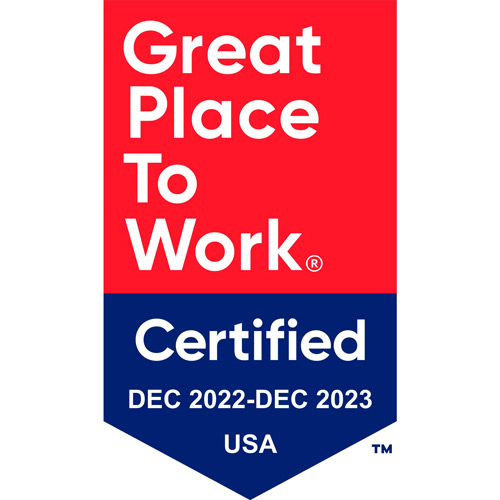Safety First: How Medical Device Consultants Shape the Health Tech Landscape
- Jessica R.
- September 29, 2023
- Edited September 29, 2023
Table of Contents
In today’s fast-paced world of medical innovations, there’s a buzz about new gadgets and tools every other day. But here’s the catch: which of these are genuinely making patients safer? Who helps us figure it out?
Well, that’s the work of the medical device consultant. They’re the behind-the-scenes experts who make sure we’re picking technologies that really look out for patient safety. In this article, let’s dive deep into how these nifty devices and our trusty medical device consultants are changing the game. Let’s begin, shall we?
What’s the Big Deal with Interactive Medical Devices?
When we talk about interactive medical devices, think beyond the usual medical tools. These are like the smartphones of the medical world. They’re designed to work closely with doctors and nurses, alerting them instantly if a patient’s health shows any change.
For example, consider a device monitoring a patient’s heart rate. If something unusual pops up, it sends a signal, making sure the medical team knows about it immediately. This kind of instant feedback can sometimes make the difference between a quick intervention and a prolonged medical issue.
But with new tech products launching left, right, and center, how do healthcare facilities pick the best and safest options? That’s where the role of a medical device consultant becomes crucial. Just as you might consult a tech-savvy friend about the best laptop to buy, healthcare professionals rely on medical device consultants to guide them to the safest and most efficient tools for patient care.
So, What Exactly Does a Medical Device Consultant Do?
A medical device consultant wears many hats. At a basic level, they’re like the tech detectives of the medical world. They explore the vast marketplace of medical gadgets, examining each one to see if it meets safety and performance standards.
Their days might be filled with tasks ranging from analyzing device blueprints, testing them in real-world conditions, or even attending workshops and seminars to keep updated on the latest technologies. It’s their job to be in the know, so they can offer the best advice.
But their work doesn’t stop at recommendations. They often collaborate closely with device manufacturers, offering insights into what healthcare professionals really need. This back-and-forth ensures that new devices aren’t just fancy pieces of tech but are genuinely beneficial and user-friendly.
And if you’re wondering how hospitals and clinics navigate all the paperwork and technical stuff that comes with introducing a new device, you guessed it – the medical device consultant is at the forefront, handling the nitty-gritty and ensuring smooth integration.
It’s Not Just About the Device; It’s About the User Too
A medical tool is only as good as the person using it. That’s why training is such a big deal. Let’s draw a simple analogy: having a state-of-the-art oven doesn’t make one a chef. In the same way, even the best medical device needs a well-trained user to make the most of it.
Medical device consultants understand this well. Once a device is selected, they play a pivotal role in organizing and often conducting training sessions. These sessions delve deep. They’re not just quick demos but comprehensive classes where medical staff learn not just the device’s features but also the scenarios where they’d be most beneficial.
Moreover, the consultant often collects feedback during these sessions. Maybe a button’s placement on the device is a bit awkward, or perhaps its display isn’t as intuitive as it could be. These little things matter.
By gathering this feedback, the medical device consultant helps manufacturers refine their products, ensuring they’re not just high-tech, but also user-friendly.
Always Listening, Always Improving
Imagine using a tool every day that has some minor issues. Maybe it’s a bit slower than you’d like, or a particular feature isn’t as intuitive. Over time, these small things can become big annoyances. Medical devices are no different. That’s why constant feedback is so crucial.
Medical device consultants actively seek out these bits of feedback. It’s not just about fixing problems but enhancing the user experience. They hold regular discussions with healthcare professionals, asking them about their experiences, the challenges they face, and what they’d love to see improved.
It’s not just about criticism, either. Sometimes, a healthcare professional might discover a novel way to use a device, a method that wasn’t initially intended but proves incredibly effective. Recognizing and sharing these innovative uses can significantly improve patient care across different facilities.
By acting as a two-way bridge between device manufacturers and healthcare professionals, medical device consultants ensure that devices keep evolving, always staying in tune with the real-world needs of their users.
Rules And More Rules: Navigating Regulatory Compliance with a Medical Device Consultant
If you’ve ever tried to set up something as simple as a new phone or gadget, you know there are steps to follow. When it comes to medical devices, those steps (or rules) are far more complex. They’re designed to ensure that every patient’s safety is never compromised.
Medical device consultants are like rule keepers. They’re always updated on the latest standards and guidelines that devices need to meet. Whether it’s a new international safety protocol or a local regulatory change, they’re on top of it. For more details visit us at https://gmppros.com/.
And it’s not just about being informed; it’s about taking action. When a new rule comes into play, they’ll assess the devices in use, ensuring they comply. If tweaks are needed, they liaise with manufacturers to get them done.
Through their vigilance, medical device consultants help hospitals and clinics avoid potential pitfalls, ensuring the care patients receive is always top-notch and within the bounds of the law.
What’s Next for Interactive Medical Devices?
The world of technology is always moving forward, and medical devices are no exception. It’s an exciting time with talk about devices that might use AI to predict health issues before they occur, wearable gadgets that monitor patient health 24/7, and even remote tools that allow doctors to diagnose patients from anywhere in the world.
Medical device consultants are the frontline explorers of this brave new world. They’re not just waiting for the future; they’re actively helping shape it. By collaborating with innovators and researchers, they play a role in determining what the next big thing in healthcare might be.
But as always, their primary focus remains clear: ensuring any new technology prioritized patient safety. As we dream of a future with even more incredible medical tech, we can be confident that our trusty medical device consultants will be right there, guiding the way and keeping us grounded.
Conclusion
So there you have it. The world of medical devices is zooming ahead, offering tools that promise a safer tomorrow for patients. But as we’ve seen, it’s not just about the gadgets. It’s about the people, like our medical device consultants, who make sure everything runs smoothly. With their help, we’re in for an exciting and safe future in healthcare.
Read More:
The Importance of Pharmaceutical Regulatory Compliance: A Steady Course for Marketing
Navigating the World of Medical Devices: A Guide to Classifying Your Product
Unraveling FDA Medical Device Classes and the Value of Medical Device Consultants

Jessica R.
Jessica is a seasoned GMP compliance consultant and technical writer specializing in pharmaceutical manufacturing, data integrity, and quality assurance. With over 12 years of experience working with global pharmaceutical firms, Jessica brings deep industry insights into FDA, EMA, and MHRA regulations.


